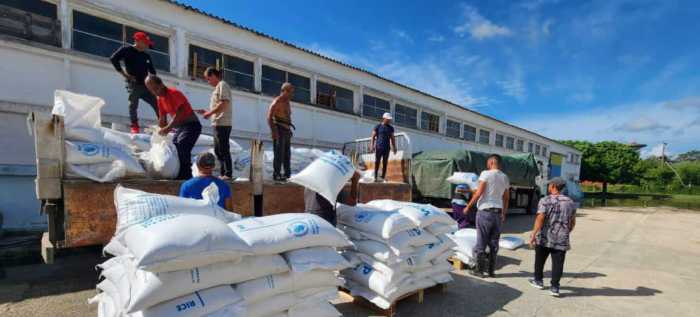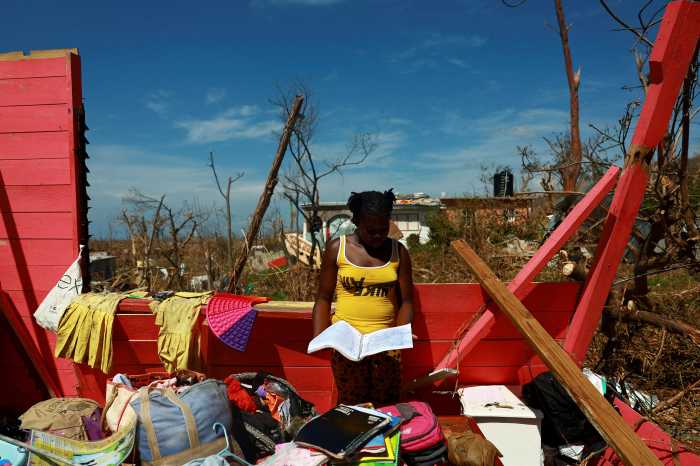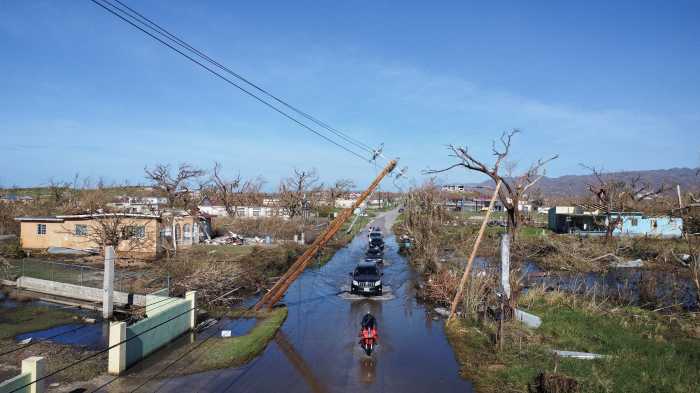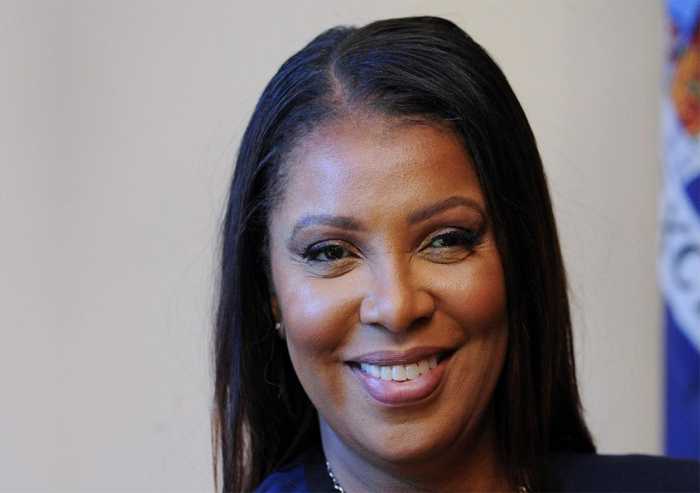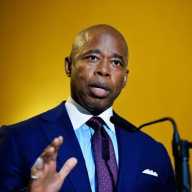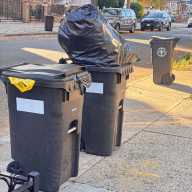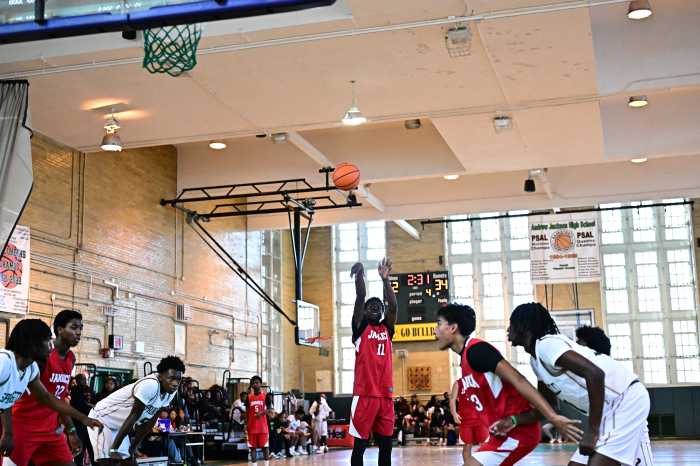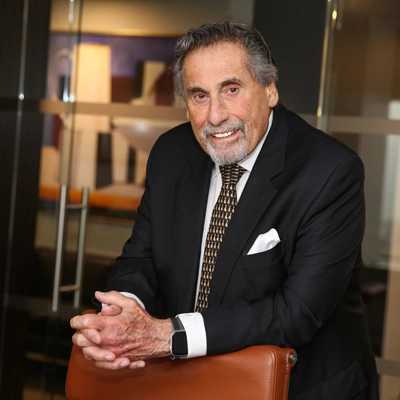The Raul Castro administration in Cuba has assailed President Barack Obama as a clone of his conservative Republican predecessor, George W. Bush, saying that he gives more leverage to Cuban-American exiles than to his own diplomats.
Cuba’s criticism, which appeared over the weekend in Granma, the official Communist Party newspaper, was reaction to Obama’s support of dissidents in the Spanish-speaking Caribbean island.
“The White House is giving more attention to pressure from Miami and its mafia in the capital than it is to its own diplomats,” said the Granma article, which added that Obama’s views “emulated his predecessor, George W. Bush, in its abuse of adjectives.”
The article appeared adjacent to a series of altered photos showing Bush’s face gradually turning into that of Obama.
In a rare public comment on Cuba, Obama on Feb. 25 called on the Cuban administration to immediately and unconditionally release all political prisoners.
His call came one day after Cuban security officials detained dozens of protesters and put several under house assert as nationals marked the anniversary of the death of dissident Orlando Zapata Tamayo.
Zapata Tamayo died on Feb. 23 last year after a long hunger strike protesting prison conditions in Cuba.
“Sadly, the harassment and detention by Cuban authorities of Zapata’s mother, Reina Luisa Tamayo and others across Cuba, as they sought to commemorate her son’s death, underscores how much of his dream remains unfulfilled,” said Obama in a terse statement.
The State Department said in a separate statement that Zapata Tamayo’s death “highlights the injustice of Cuba’s detention of political prisoners.”
“We also deplore the continued intimidation and harassment by the Cuban government of activists and their family members, including Zapata’s mother Reina Luisa Tamayo, who are working to promote human rights on the island,” it said.
Elizardo Sanchez Santa Cruz, a human rights activist in Havana said about 45 dissidents were detained on Feb. 23 and nearly 60 confined to their homes in what he described as “a wave of preventive repression.”
Cuban security officials regularly detain dissidents to keep them from attending opposition gatherings, and release them hours or days later.
Guillermo Farinas – who became one of Cuba’s best-known dissidents when he launched his own hunger strike, one day after Zapata Tamayo’s death, to press for the release of 26 political prisoners – was among those under house arrest.
Berta Soler, one of the leaders of the “Ladies in White” dissident group, said 13 members of the group had managed to gather at the home of another leader, Laura Pollan, despite security officials’ attempts to intercept members heading there.
On Saturday, Feb. 26, the Roman Catholic Church said Cuba has agreed to free another prominent political prisoner and send eight others into exile in Spain.
Church spokesman Orlando Marquez said the administration has agreed to release Diosdado Gonzalez, 48, leaving in jail just five of 75 dissidents incarcerated in a 2003 crackdown.
Gonzalez, an electrician and farmer, is the husband of Alejandrina Garcia, a leader of the “Ladies in White”, who briefly launched a hunger strike last month to demand his release.
In addition to Gonzalez, Marquez said the Cuban government has released eight prisoners jailed for various offenses, including hijacking and trying to leave the country illegally. He said they will be allowed to go to Spain along with their families.
Two Saturdays ago, the Roman Catholic Church said that the Castro administration had agreed to free seven political prisoners.
The archbishop’s office in Havana said six of the prisoners, who were charged with crimes against state security, would be exiled in Spain, while the seventh will remain in Cuba.
The archbishop’s office said Ivan Hernández, an independent journalist, has refused exile.
Hernández was among the 75 people arrested by Cuban authorities in the 2003 crackdown of dissidents for allegedly working with the United States in undermining Cuba’s communist system. They have denied the charge.
In July, the Cuban government pledged to release all remaining dissidents from the 2003 crackdown.


